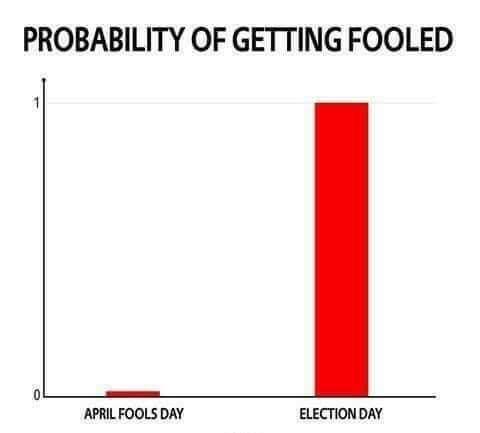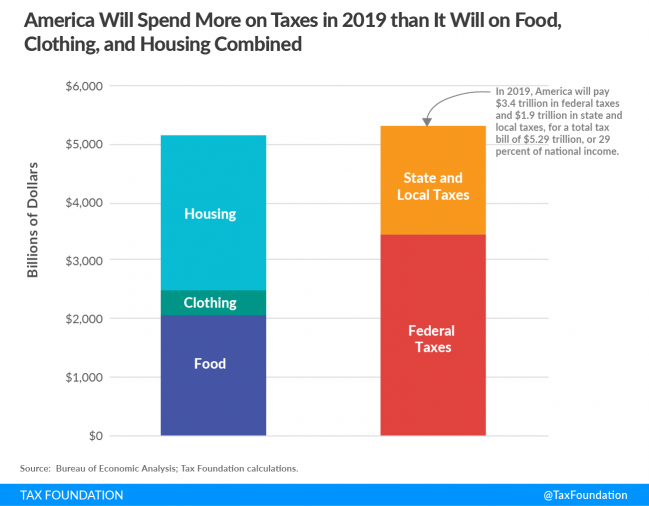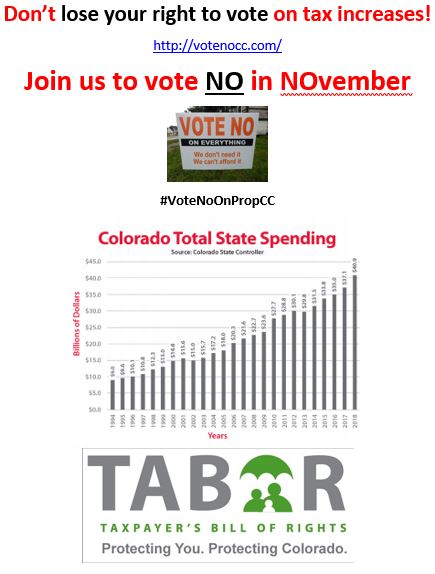
Remember to Vote NO on Proposition CC


November 2019 Ballot Measure Will Decide Fate Of All Future Taxpayer Refunds In Colorado
The ultimate debate over the refunding of surplus revenue to taxpayers is taking place in Colorado, home to the Taxpayer’s Bill of Rights (TABOR), a law that requires surplus revenue collected in excess of the rate of population growth plus inflation be returned to Colorado taxpayers.
Thanks to a strong economy, revenue collections have been coming in well-above the TABOR spending cap, meaning that roughly $650 million is scheduled to be refunded to Colorado taxpayers. Proposition CC, a measure referred to the November 2019 ballot by Governor Jared Polis (D) and Democrats who run the Colorado Legislature, would stop that scheduled refund, and all future refunds.
Passage of Proposition CC would gut TABOR, guaranteeing a higher state tax burden in the future, even if all tax increases would still be subject to voter approval.
“Prop CC says you agree to give up your tax refunds not for just this year, not for the next four years, but forever,” Jon Caldara, president of the Independence Institute, writes in the Denver Post this week. “No future generation will be able to give or withhold their consent over their tax refunds…Our children’s children’s children will never get a TABOR refund. Nor even be asked.”

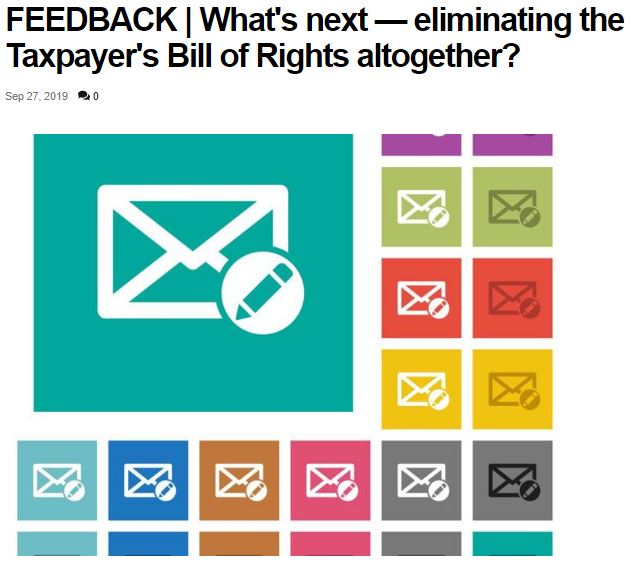
The rising costs of Gov. Jared Polis’ full-day kindergarten program is part of an estimated $100 million in additional costs lawmakers will need to cover
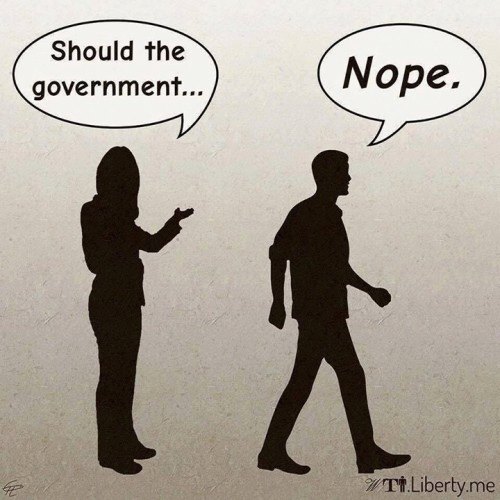
If you’re in the Colorado Springs area, join Paul Prentice as he’s speaking on the Taxpayer Bill of Rights (TABOR) and Referendum CC
at Church For All Nations (CFAN)
6540 Templeton Gap Rd, Colorado Springs, CO 80923
Tuesday, October 8 from 7:00-9:00 pm
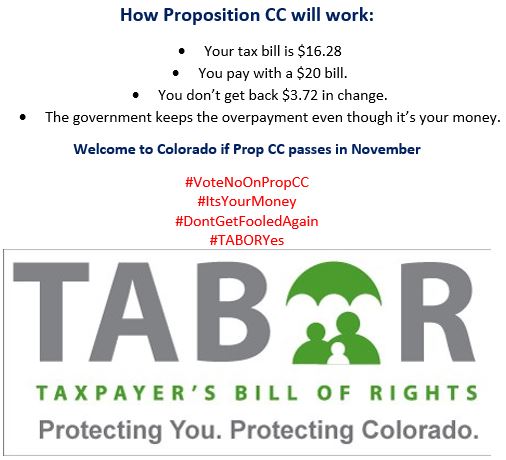

NFIB filed a lawsuit five years ago arguing that fees levied by the secretary of state’s office violated the Taxpayer’s Bill of Rights. The ruling left them unsatisfied.
